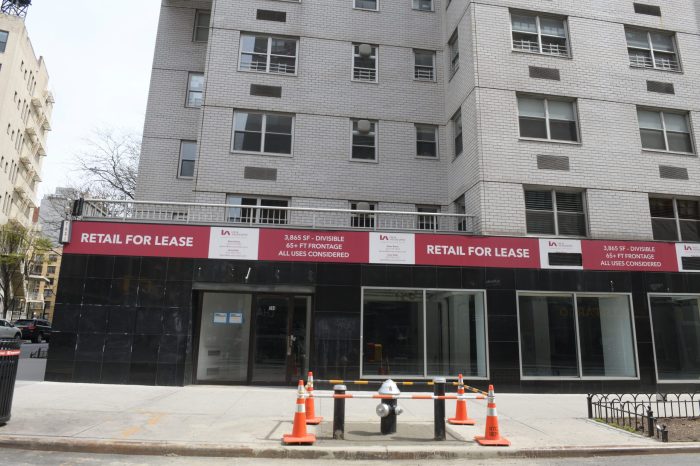Last week, the House Republicans took measures to dramatically cut billions of dollars from the Supplemental Nutrition Assistance Program, or SNAP, the food stamp program for Americans. They argued that the program, which costs approximately $80 billion a year, needs to be slashed because it has expanded even though the unemployment rate has declined over the past few months. The bill is expected to be rejected by the Democratic-controlled Senate. But the Republican stance on the program and struggling Americans is troubling nonetheless.
Many Americans, about 48 million, including 1.8 million in New York, rely on the food stamp program for basic survival. The notion that the program should be cut when so many need it to feed their children, even as we are still recovering from a six-year recession, is outrageous and irresponsible.
The argument for cutting is that food stamps prevent Americans from being self-sufficient. But many families receive food stamps to survive. According to recent data from SNAP, to qualify for food stamps, a three-person family’s gross monthly income generally must be at or below 130 percent of the poverty line, or $2,069. That’s about $24,800 a year. Those with the most need for this program — typically families who live below the poverty line — use food stamps to supplement their incomes. For a majority, their income is mostly eaten up by housing, health care and transportation costs.
In a city like New York, to live on $25,000 a year with two adults working full time and raising a child is a herculean task. A study released last week by the Food Research and Action Center reported that nearly one in four New York households with kids can’t afford enough food.
Why shouldn’t Americans lend support to those most in need?
There’s been a lot of talk recently about the fifth anniversary of the Wall Street meltdown that led to the country’s recession. As we reflect on the $700 billion the United States authorized to bail out the financial industry, and the $85 billion invested in the automobile industry, why not invest $80 billion to support Americans? This is about basic survival. Failure to support this program is a failure to support our greatest asset, the human capital of families and children.
Sheldon Applewhite is an assistant professor at the Borough of Manhattan Community College. He tweets as @DrSApplewhite.

















